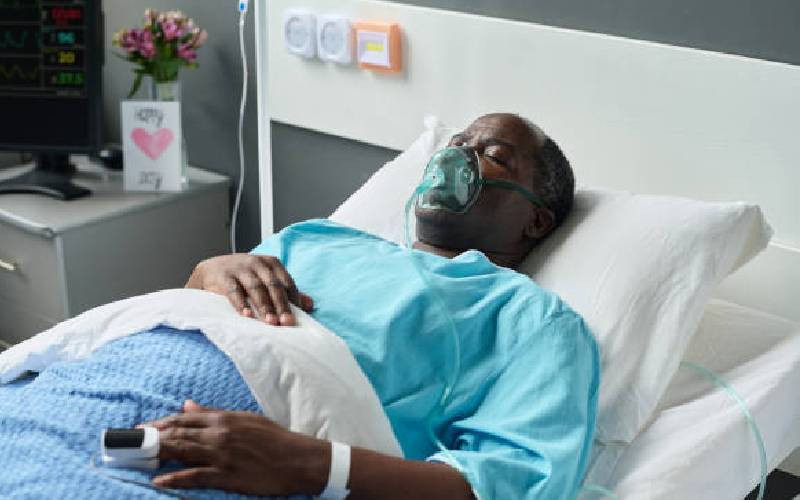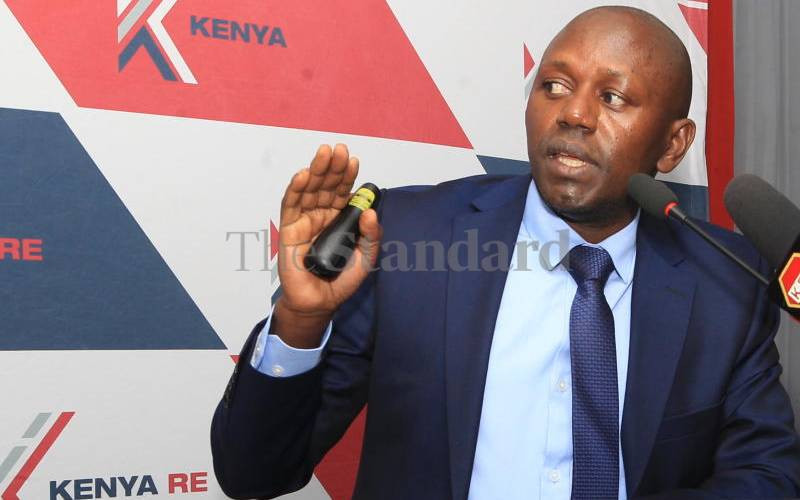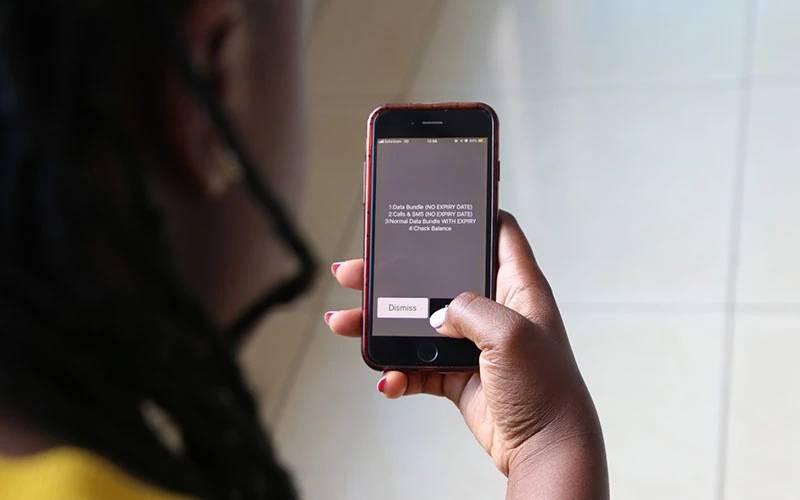Last week, I read with sadness news that a Kenya Forest Service ranger had shot his wife, then turned the gun on himself. I was sad because this is not the first, the second or third time I was reading about murder and suicide within a family.
Yet, from the knowledge and wisdom I have gathered as a counselling psychologist, I can tell that many of us are going about life unaware that someone we love – or even ourselves –could be the next victims.
What exactly is the problem? Without using many words, the problem is in how we, as a society, have looked at and approached mental health.
Some time ago, Jessica, an unmarried mother, walked into my office accompanied by her teenage son. The boy – a high school student waiting to sit KCSE examinations – needed a letter from a psychologist in order to be allowed back in school after a string of misconduct issues.
While I listened to Jessica, the boy just sat there – chewing gum noisily and visibly disinterested. I turned to him and asked: “Do you really need this letter?” He did not say anything. The mother, in frustration, lost all composure and started to wail, cursing her son.
My initial reaction (at the back of my mind) was that both mother and son needed help. Though Jessica presented her son as the patient, she too needed to heal. As therapy progressed, it became apparent that life’s demands had overwhelmed her to the extent that she had neglected her parental roles. Jessica’s case may appear normal if you look at it as typical of everyday parenting.
Undesirable situation
But the struggle she had with her son was reflective of a mental health crisis that was slowly taking root. If not resolved properly, it would likely end badly for at least one of them.
When a person is unable to handle stress, the struggle that follows affects normal mental functioning.
If they do not receive help to deal with it, the stress is likely to progress and lead to depression.
Stress in life is not unusual at all. Every adult has had bouts of stress, at least once every few weeks.
Stress results from everyday challenges we encounter at work, social gatherings, personal lives, marriages and so on.
The most common type of depression is situational depression which is a reaction to stress that results from the inability to accept, resolve or change an undesirable situation.
The lack of social support to deal with the situation makes the matter worse and with time, everything becomes hard, including the things that a person loved to do.
Situational depression can be triggered by loss and grief, failure, serious illness, financial struggles, legal troubles and divorce among others.
Stay informed. Subscribe to our newsletter
Best friend
Lack of relevant knowledge, skills and mental health stigma contributes significantly to how an individual handles their own mental health.
Many people who appear normal struggle with mental health in silence. Why else would a physically healthy person choose to end his or her own life? Why do people kill their own spouses and children? We often miss their mental struggles and focus on the crime.
Yet, many signs may have been there but no one – not even a best friend – took note. Or, if they took note, did nothing.
The Mental Health Task Force, formed in December 2019, recommended that mental illness be declared a national emergency. I agree. The current coronavirus pandemic has made a bad situation worse. People have lost jobs. Some lost loved ones and relatives.
Looking at all these with the lens of a psychologist, I realised that 2020 is quite a unique year; a year that added more stress on top of what we are used to. So, in July, in an attempt to respond to the prevailing situation, I came up with the Mental Health Championship training programme.
It’s an online community of people interested in alleviating the mental health situation in their own families, places of work and society.
The second class started this month. The main task of champions is to create mental health awareness, offer psychological first aid and refer individuals in need to professionals.
There is a probability that someone you know is going through something, which, if not addressed early, might not end well. Don’t judge a person when they react or behave irrationally. Rather, ask yourself: “Could they be going through something serious?”
Dr Kagwe is founder, Mental Health Championship training and a counselling psychologist with Esteem Group.
 The Standard Group Plc is a
multi-media organization with investments in media platforms spanning newspaper
print operations, television, radio broadcasting, digital and online services. The
Standard Group is recognized as a leading multi-media house in Kenya with a key
influence in matters of national and international interest.
The Standard Group Plc is a
multi-media organization with investments in media platforms spanning newspaper
print operations, television, radio broadcasting, digital and online services. The
Standard Group is recognized as a leading multi-media house in Kenya with a key
influence in matters of national and international interest.
 The Standard Group Plc is a
multi-media organization with investments in media platforms spanning newspaper
print operations, television, radio broadcasting, digital and online services. The
Standard Group is recognized as a leading multi-media house in Kenya with a key
influence in matters of national and international interest.
The Standard Group Plc is a
multi-media organization with investments in media platforms spanning newspaper
print operations, television, radio broadcasting, digital and online services. The
Standard Group is recognized as a leading multi-media house in Kenya with a key
influence in matters of national and international interest.









